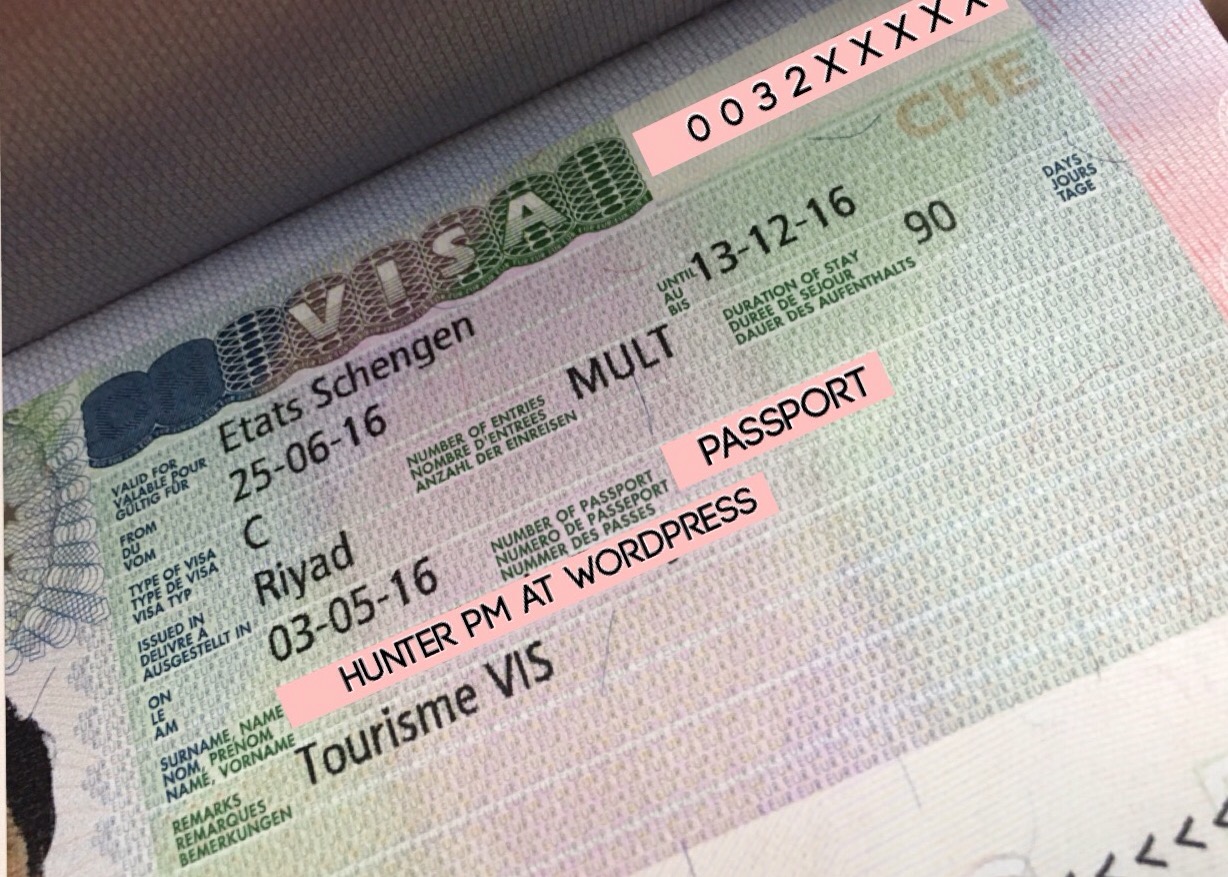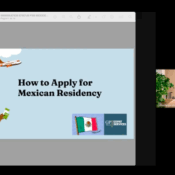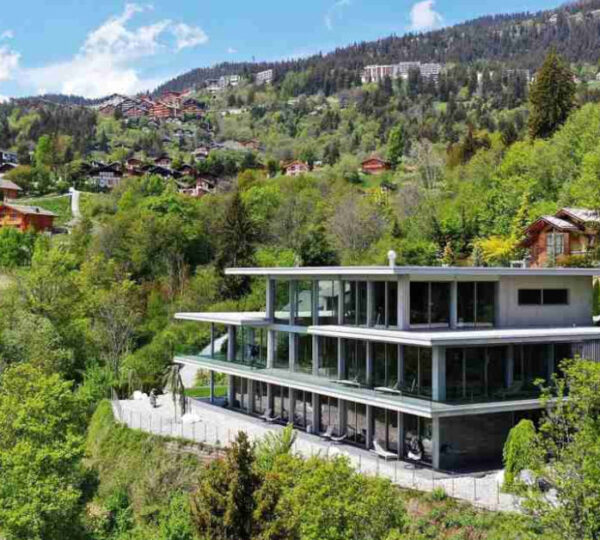
A Guide to Obtaining a Visa and Residency in Switzerland
Switzerland is known for its high standard of living, economic stability, and stunning landscapes. Whether you are visiting, working, studying, or planning to live in Switzerland long-term, you may need a visa or residence permit depending on your nationality and purpose of stay. This guide provides an overview of the visa and residency process for foreigners in Switzerland.
Types of Visas for Switzerland
1. Short-Stay Schengen Visa (Type C) – For Visits Up to 90 Days
Switzerland is part of the Schengen Area, so a Schengen Visa allows entry for up to 90 days within a 180-day period.
Who Needs a Schengen Visa?
- Citizens of non-EU/EEA/Swiss countries that do not have a visa-free agreement with the Schengen Zone.
- Common purposes: tourism, visiting family/friends, business meetings, or attending events.
Requirements:
- Valid passport (valid for at least 3 months beyond departure).
- Proof of accommodation (hotel booking or invitation letter).
- Proof of sufficient funds (around CHF 100 per day).
- Travel insurance covering at least €30,000 in medical expenses.
- Return ticket or onward travel itinerary.
Processing Time & Fees:
- Fee: €80 for adults, €40 for children (under 6 free).
- Processing Time: Typically 15 days, but can take up to 45 days.
2. Long-Stay Visa (Type D) – Stays Over 90 Days
For foreigners who want to stay in Switzerland for more than 90 days, a national visa (Type D) and a residence permit are required.
Common reasons for a long-stay visa:
- Work
- Study
- Family reunification
- Retirement
Types of Swiss Residence Permits
1. Work & Business Visas
A. Work Permit (L Permit or B Permit)
- Non-EU/EFTA nationals must secure a job offer before applying.
- Employers must sponsor the visa and prove that a Swiss or EU/EFTA worker could not fill the role.
- Issued as a B Permit (1-year renewable) or L Permit (short-term).
B. Self-Employment & Investor Visa
- Entrepreneurs can apply for a B Permit for self-employment if they can prove financial stability and economic benefit to Switzerland.
C. EU Blue Card (For Highly Skilled Workers)
- Available to non-EU skilled workers who meet high salary requirements and hold a university degree.
2. Student Visa & Residence Permit
- Requires an acceptance letter from a Swiss university.
- Must prove sufficient financial means (~CHF 21,000 per year).
- Part-time work is allowed (15 hours per week during the semester).
3. Family Reunification Visa
- Available to spouses, children, or dependent relatives of Swiss residents.
- The Swiss resident must meet minimum income requirements.
4. Retirement Visa
- Available to retirees over 55 years old with sufficient financial resources (~CHF 50,000/year).
- Must not work in Switzerland and must have comprehensive health insurance.
5. Permanent Residency & Swiss Citizenship
A. Permanent Residence (C Permit) – After 5 or 10 Years
- EU/EFTA nationals can apply after 5 years.
- Non-EU nationals need 10 years of continuous residency.
B. Swiss Citizenship (After 10 Years)
- Requires language proficiency in one of Switzerland’s national languages (A2 written, B1 spoken).
- Must pass a civic knowledge and integration test.
- Some cantons may have additional requirements.
Visa Application Process
- Determine the Correct Visa Type
- Check the requirements on the official Swiss State Secretariat for Migration (SEM) website: www.sem.admin.ch.
- Gather Required Documents
- Passport, proof of funds, accommodation, insurance, and invitation letter (if applicable).
- Submit the Application
- Short-term visas: Apply at the Swiss consulate or VFS Global in your home country.
- Long-term visas: Employer or university must submit an application to the cantonal migration office.
- Attend an Interview & Biometric Appointment
- Wait for Processing
- Schengen Visa: 15–45 days.
- Long-Stay Visa & Residence Permit: 8–12 weeks.
- Receive Visa and Enter Switzerland
- Long-term visa holders must register with local authorities within 14 days of arrival.
Frequently Asked Questions (FAQs)
1. Can I work in Switzerland with a tourist visa?
No, a work permit is required.
2. How much does a Swiss residence permit cost?
- Work Permit (B Permit): CHF 100–200.
- Permanent Residency (C Permit): CHF 100–250.
3. Can I start the visa process from my home country?
Yes, visas must be applied for at Swiss embassies or consulates abroad.
4. Does Switzerland offer a digital nomad visa?
No official digital nomad visa, but self-employed individuals can apply for a business visa.
5. What are the benefits of Swiss permanent residency?
- No need to renew visas.
- Freedom to live and work anywhere in Switzerland.
- Pathway to Swiss citizenship.
Conclusion
Switzerland offers various visa and residency options for tourists, students, workers, and retirees. Understanding the right visa type and ensuring compliance with Swiss immigration laws will help make your transition smoother. Whether you’re moving for work, study, or retirement, Switzerland provides a high-quality lifestyle and stable residency opportunities.
Our Directory
Use our database to find visa facilitators, real estate agents, and recommended professionals. You will also have the ability to book a time to meet with our expats on the ground. These are individuals just like you who have gone through the immigration process and have been living in your desired country or city.
Recent Posts
Comprehensive Step-by-Step Guide to Obtaining Your Visa In Mexico
Buying Your First Business in France
All Categories
- Argentina
- Australia
- Austria
- Bahamas
- Bali
- Belize
- Brazil
- Chile
- Colombia
- Costa Rica
- Czech Republic
- Denmark
- Dominican Republic
- Ecuador
- El Salvador
- Fiji
- France
- Germany
- Greece
- Hungary
- India
- Ireland
- Jamaica
- Japan
- Malaysia
- Mexico
- Netherlands
- New Zealand
- Norway
- Panama
- Peru
- Philippines
- Portugal
- Singapore
- South Korea
- Spain
- Sweden
- Switzerland
- Thailand
- UAE
- Uncategorized
- United Kingdom
- Uruguay
- Vietnam



